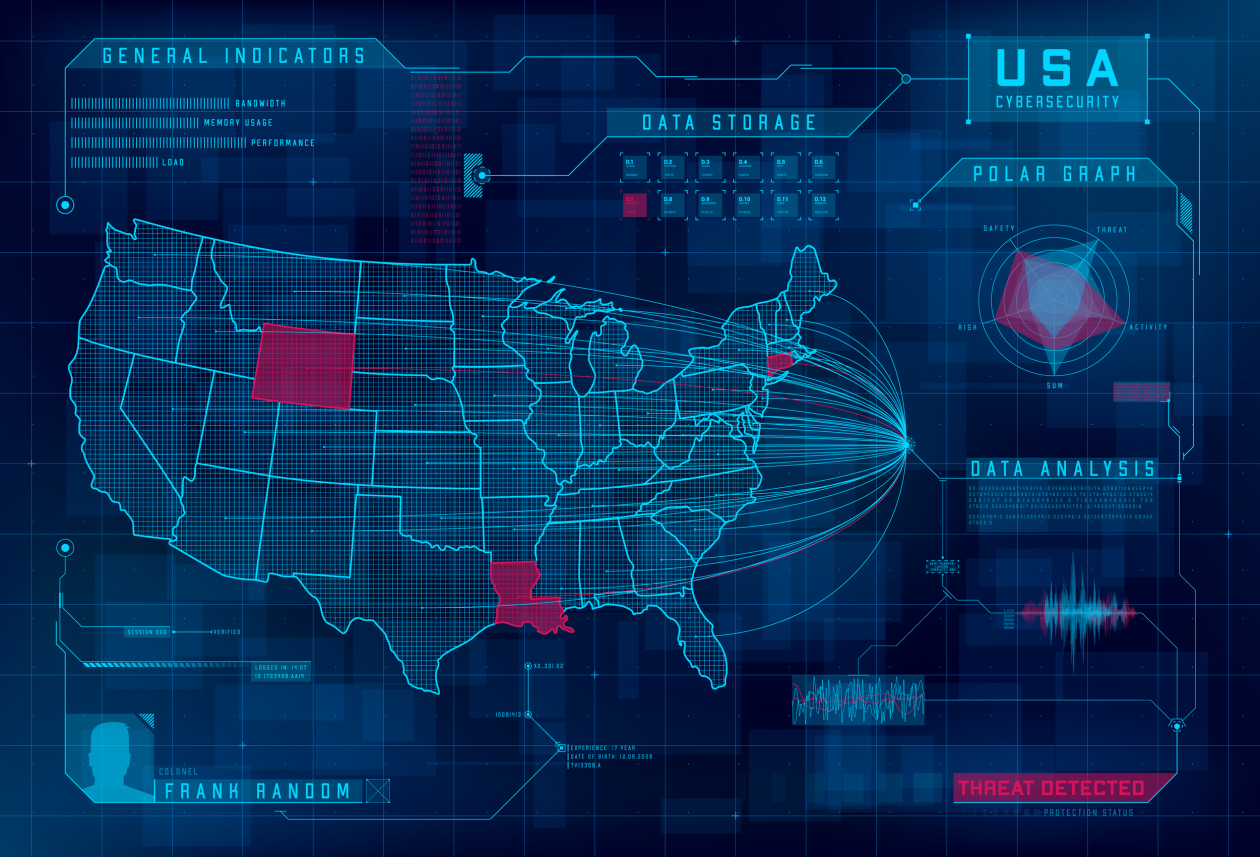It used to take a badge and a warrant to track someone. Today it only takes a smartphone, a database, or a “smart” gadget on your kitchen counter. Step outside, and cameras record you. Drive through town, and license plate scanners log your route. Sit at home, and your TV, phone, and digital assistant may be feeding information to companies you have never heard of.
In 2025, the grid that monitors our every move has become a living organism. It grows quietly through apps, smart appliances, and connected cars. Most people accept it as the price of convenience. But those of us who believe in independence should see it for what it is: the slow disappearance of private life. If you value freedom, now is the time to take back your ground and start living a little more off-grid.
The new “mobile ID” is being sold as progress. Dozens of states now offer driver’s licenses that live inside your phone. The pitch is that it’s easier to carry and harder to lose. What you are not told is that digital IDs are built on a system that can report when and where you use them. Each scan could become a data point in a government or corporate database.
Privacy advocates have warned that a digital ID can quietly turn into a tracking tool. Imagine showing your ID at a pharmacy, a gun shop, or a political event and having that moment recorded. Officials promise they will not activate those features, but promises change. A physical card in your wallet cannot spy on you. A phone app can.
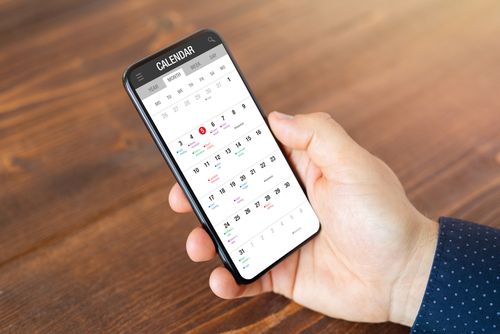
We have all grown used to the idea that our phones are part of us. But that convenience comes with a heavy cost. Every cell tower, Wi-Fi signal, and app interaction leaves a footprint. Companies gather that data, bundle it, and sell it to brokers. Law enforcement agencies can buy it too, often without a warrant.
Investigations have exposed tools that let police pull detailed movement histories from ordinary phone data sold by apps. One company’s database holds records from hundreds of millions of devices, mapping where people eat, work, and sleep. In effect, our own phones have become surveillance nodes.
If privacy matters to you, treat your phone as a risk, not a right. Turn it off when you do not need it. Leave it behind for short errands. Disable location settings and delete unnecessary apps. In a real emergency, a basic prepaid flip phone is far safer than a smart device tied to your identity.
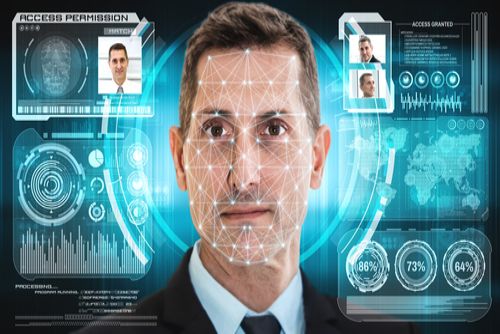
A decade ago, facial recognition was a novelty. Now it is routine. Airports scan passengers in the name of security. Police departments use it to identify suspects. Retailers test it to flag shoplifters or profile shoppers. Even schools are installing cameras that can match faces against databases in seconds.
The problem is accuracy and control. False matches have already led to wrongful arrests. Studies show these systems often misidentify minorities at far higher rates. Yet they continue to spread. Companies like Clearview AI boast of face databases that include most Americans, built from billions of scraped social media images.
Once your face is in a system like that, it is there forever. You cannot change it. You cannot hide it. And you have no say in how it is used. The best defense is awareness. Know where cameras are, keep your head down, and remember that every image online is one more piece of your digital fingerprint.
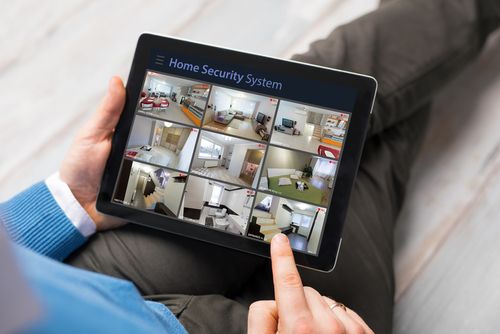
Not all surveillance comes from outside. Many people have invited it in. Smart TVs, thermostats, speakers, and refrigerators now fill homes across the country. Each one collects data. Each one connects to the internet. That means each one can be hacked, misused, or mined for profit.
A few years back, investigators found that certain smart TVs were secretly logging everything viewers watched, second by second, and selling the data to advertisers. The same logic applies to every connected gadget. A speaker that listens for your voice, a camera at your door, and a vacuum that maps your floors are all potential entry points for outsiders.
Before you buy any smart device, ask yourself whether you truly need it. A simple TV, a manual thermostat, or a wired camera cannot leak what it does not collect. In most cases, the old-fashioned version does the job better and lasts longer.
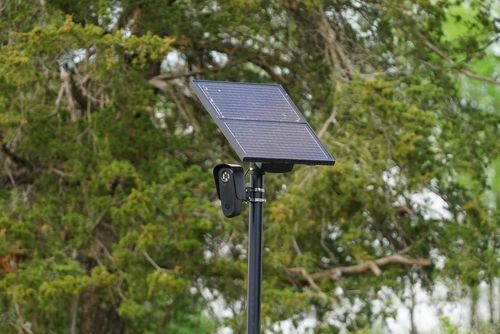
For years, drivers thought that leaving home meant a break from surveillance. Not anymore. Automated license plate readers have turned public roads into tracking corridors. Mounted on police cruisers, light poles, and highway signs, these cameras scan thousands of plates every minute. Each scan is tagged with time, date, and location.
Police use these systems to find stolen vehicles and wanted suspects, but the data often stays stored for months or years. Private companies also run networks of plate readers, selling access to law enforcement and businesses alike. Once that data exists, it is only a matter of time before it is used for more than traffic enforcement.
The result is a society where travel itself is monitored. Every commute, every trip, every visit can be reconstructed by anyone with access to the system.
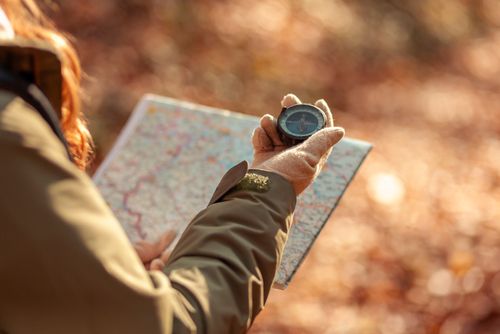
Living off-grid today is less about isolation and more about intention. You can still use modern tools, but on your terms.
Start with cash. Card payments record where you shop and what you buy. Cash leaves no trail. The same goes for paper maps instead of phone navigation. Books and DVDs instead of endless streaming. Face-to-face conversations instead of social media chats.
Be selective about technology. If a gadget connects to the internet, it collects data. Choose simpler versions that do not. Keep your phone off when it is not needed, and do not bring it everywhere. Review every account you have online, delete the ones you do not use, and stop handing out personal details to companies that see you as a product.
You do not have to abandon the grid entirely, but you can stop feeding it.
Prepping has always been about foresight. The goal is to be ready when systems fail or turn against you. The same applies to privacy. Build habits now that protect your information later. Have backups for communication, navigation, and records that do not depend on the cloud. Learn to live comfortably with less connectivity.
In a crisis, information control is survival. Those who rely entirely on digital tools will have none. But those who keep skills and resources offline will still function. Privacy is not paranoia; it is preparedness.

Technology is not evil, but blind trust in it is dangerous. The more data we surrender, the easier it becomes for others to watch, influence, and control us. The systems built for convenience today could be turned into tools of coercion tomorrow.
Going off-grid does not mean disappearing. It means choosing when to connect and when to step away. It means owning your information instead of giving it away. In a world that tracks everything, privacy is the new frontier of freedom.
Start small. Use cash. Read a real book. Turn the phone off for an afternoon. Every step away from the grid is a step toward independence, and that is what true preparedness has always been about.


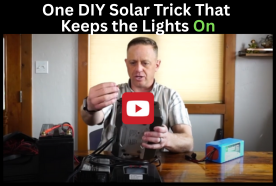



Read full article here


